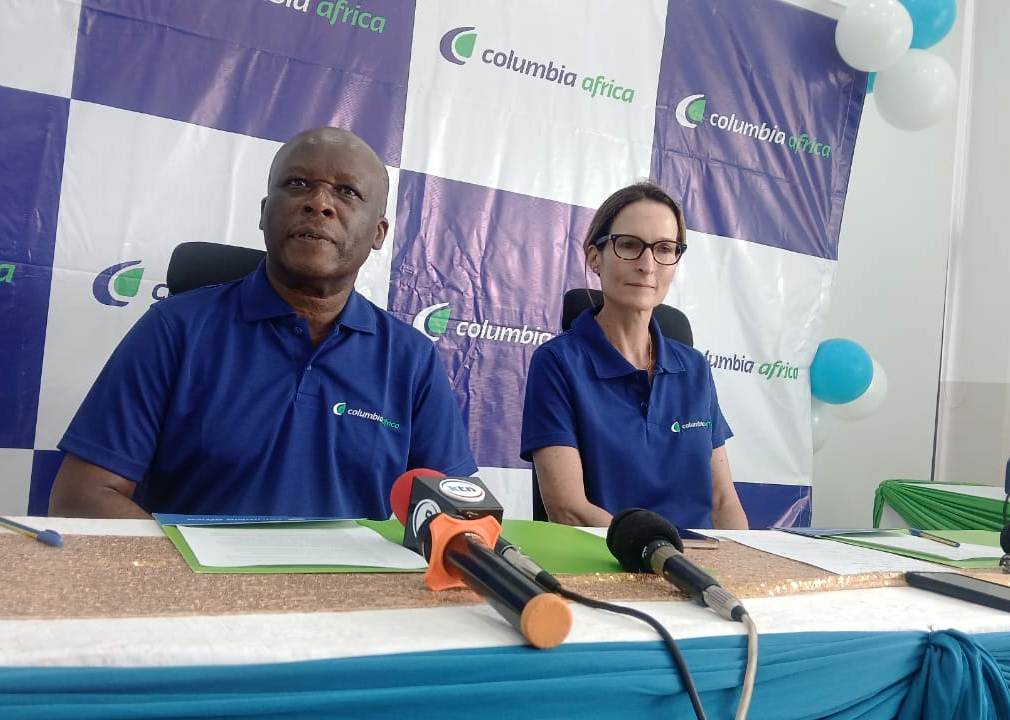Leah Cotterill, CEO of Cigna Healthcare Middle East & Africa, emphasized the need for Kenya’s employers to prioritize mental health support and community-focused workplaces, adding, “This year’s Cigna International Health Study highlights the resilience and strength of the Kenyan workforce, but stress and mental wellbeing challenges remain a pressing issue”
In Kenya, stress continues to challenge the workforce, with 84% of employees experiencing high-stress levels, mainly driven by financial concerns and the rising cost of living. This is according to the Cigna International Health Study 2024, which assessed wellbeing across eight factors and surveyed over 10,000 participants across 11 global markets.
The study reveals that, while Kenya’s overall well-being score improved from 50 to 61 points since 2023, financial well-being remains a critical issue, with only 17% of respondents reporting a positive outlook in this area. Financial stress is a significant factor, with 65% identifying the cost of living and personal finance as their main stressors. Women report higher stress levels (87%) than men (81%), highlighting gender disparities in workplace stress.
Despite these financial strains, Kenya ranked high in vitality with a score of 79.4, and physical wellbeing improved significantly to 64%, up 15 points from last year. This was attributed to improved health behaviours, including balanced diets and good-quality sleep, with young adults and women experiencing the most notable health gains.
Additionally, Kenyan employees report a strong sense of family and community support, with 79% feeling bolstered by their families. In the workplace, 57% feel their managers care about their mental well-being, the highest rate in the Middle East and Africa (MEA) region.
Leah Cotterill, CEO of Cigna Healthcare Middle East & Africa, emphasized the need for Kenya’s employers to prioritize mental health support and community-focused workplaces, adding, “This year’s Cigna International Health Study highlights the resilience and strength of the Kenyan workforce, but stress and mental wellbeing challenges remain a pressing issue.”
Key Findings from the Study
- Vitality and Physical Wellbeing: Kenya’s vitality scored 79.4, and physical wellbeing rose to 64%, outpacing global averages, particularly among young adults and women.
- Mental Wellbeing: Mental wellbeing challenges persist, with a score of 54% overall. Financial pressures affect sleep for 51% of employees, while workplace stress remains high, especially among women (89% stressed compared to 81% of men).
- Financial Wellbeing: Only 17% of employees feel financially stable, with high costs impacting healthy lifestyle choices and causing widespread stress.
- Work-Structure Instability and Loneliness: Nonpermanent employment remains high at 23%, contributing to job dissatisfaction. Additionally, 43% of respondents report reduced socialization, and 40% experience decreased interest in personal activities due to stress.
These findings underscore the importance of Kenya’s efforts to prioritize employee wellbeing, both in mental health and financial support, to build a resilient workforce.





